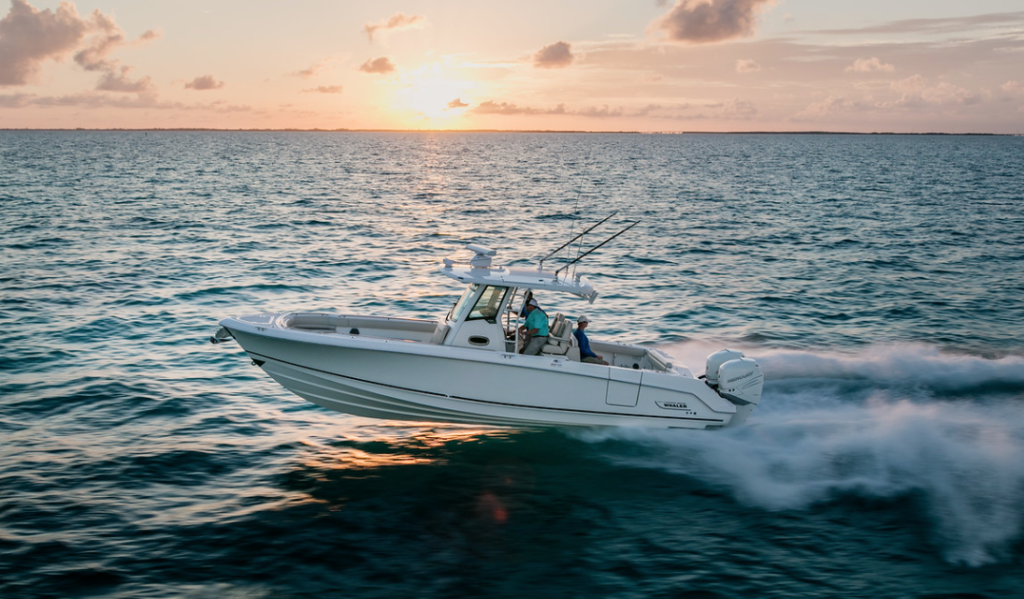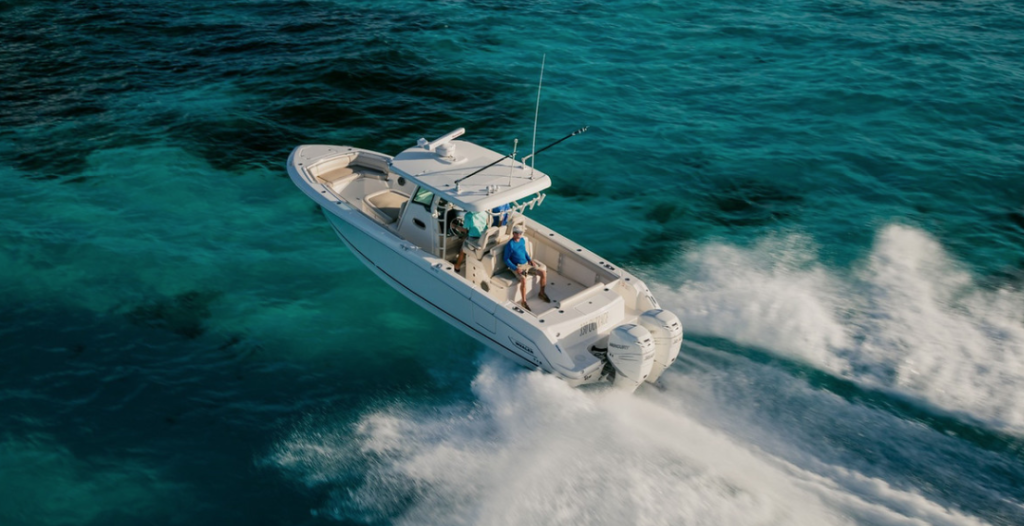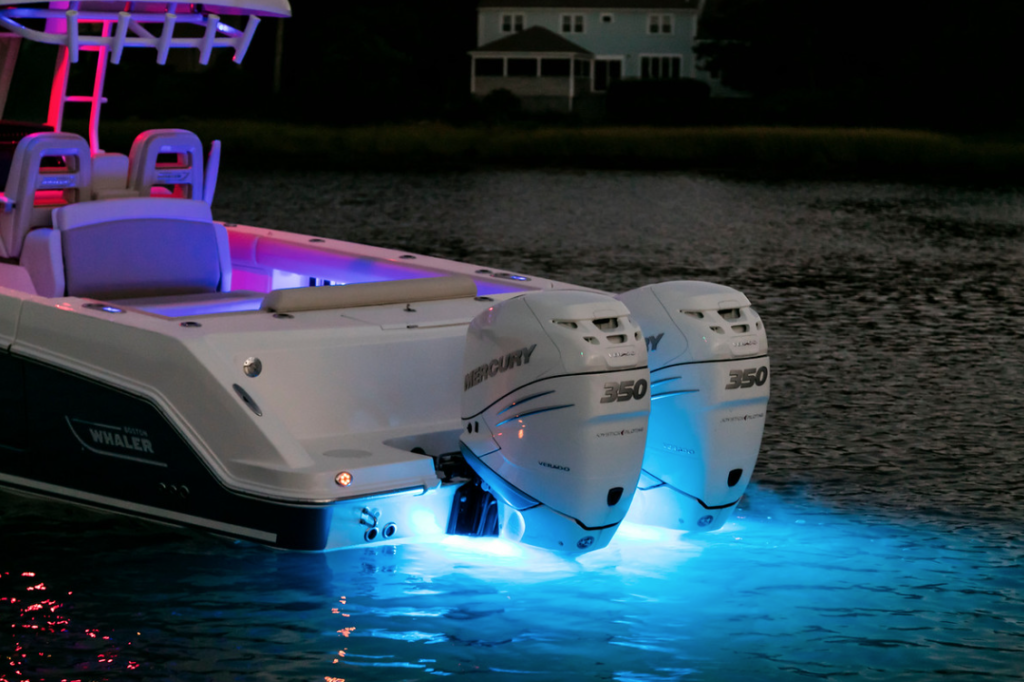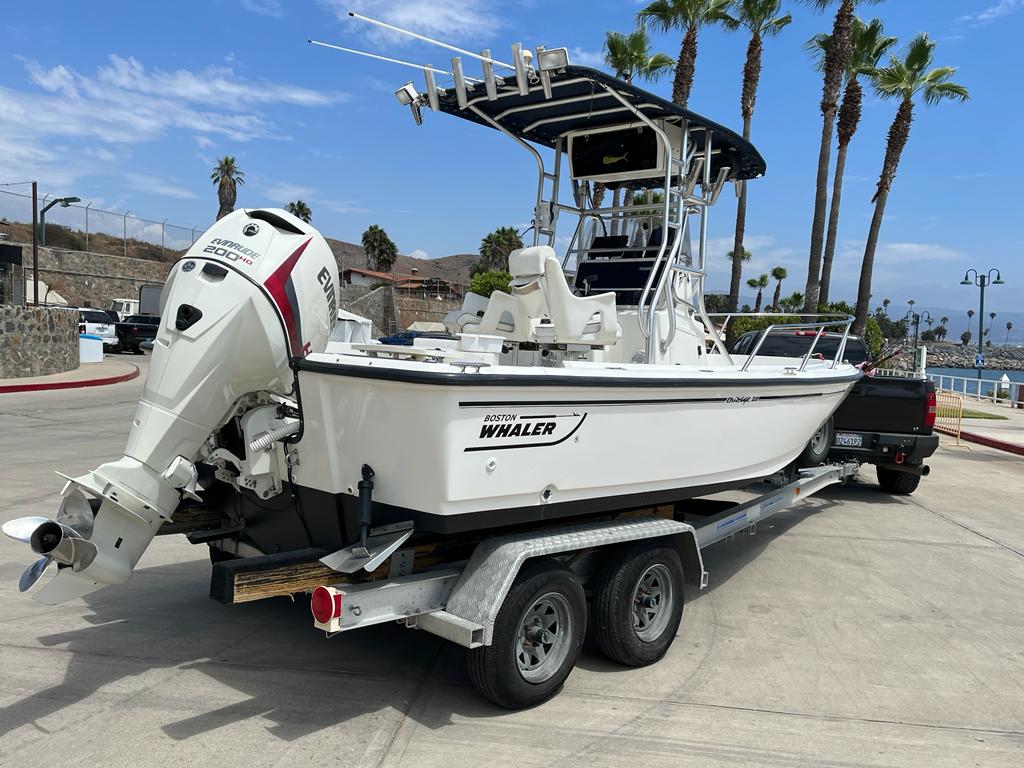Owning a boat can be an exciting and rewarding experience. However, with this great adventure comes a new set of responsibilities and questions to ensure that your time on the water is safe and enjoyable. In this blog post, we’ll address the top 10 most common questions boat owners have, covering maintenance, safety, and operation of your vessel.
- What type of maintenance should I perform regularly on my boat?
Regular maintenance is essential for prolonging the life of your boat and keeping it in good working condition. Some tasks to perform consistently include:
- Cleaning and washing the boat, both inside and out
- Inspecting and replacing damaged lines and ropes
- Checking and maintaining fluid levels (engine oil, coolant, etc.)
- Inspecting and maintaining the bilge pump system
- Checking and maintaining the electrical system
- Inspecting and maintaining the steering system
- Examining and maintaining the hull, propeller, and other underwater components
- How often should I service my boat’s engine and other components?
Engine servicing frequency depends on the manufacturer’s recommendations, which are typically outlined in your boat’s owner’s manual. Generally, you should perform a thorough engine inspection and service at least once a year, or after every 100 hours of operation, whichever comes first. Other components, such as the battery, electronics, and bilge pump, should also be inspected and serviced according to the manufacturer’s guidelines.
- What safety equipment should I have on board my boat?
Essential safety equipment for your boat includes:
- Life jackets for each person on board
- Throwable flotation devices
- Fire extinguishers
- Visual distress signals (flares or strobe lights)
- Sound-producing devices (whistle or air horn)
- First aid kit
- VHF marine radio
- Navigation lights
- Emergency toolkit (wrenches, pliers, screwdrivers, etc.)
- Anchor with sufficient line or chain
- How can I improve the fuel efficiency of my boat?
To maximize fuel efficiency:
- Maintain proper boat trim by adjusting the load distribution
- Keep the hull and propeller clean and free of debris
- Plan your trips to minimize idling and use the most direct routes
- Keep your engine well-maintained and tuned
- Use the appropriate propeller for your boat’s design and intended use
- What should I do to prepare my boat for storage during the offseason?
When preparing your boat for storage:
- Clean and dry the boat thoroughly
- Remove any perishables and valuables
- Drain all water from the bilge, water systems, and engine
- Disconnect the battery and store it in a cool, dry place
- Protect the engine with appropriate winterizing products
- Cover the boat with a high-quality cover or store it indoors
- How do I properly winterize my boat to prevent damage from freezing temperatures?
To winterize your boat:
- Drain and flush the cooling system and replace with antifreeze
- Change the engine oil and filter
- Lubricate moving parts, such as throttle and shift linkages
- Add fuel stabilizer to the fuel tank and run the engine to distribute it
- Remove the battery and store it in a cool, dry place
- Cover the boat to protect it from the elements
- What are the best practices for navigating in various weather conditions and water environments?
Safe navigation practices include:
- Regularly monitoring weather forecasts and adjusting your plans accordingly
- Ensuring that your boat is equipped with the appropriate navigation tools (charts, GPS, depth sounder, etc.)
- Maintaining a proper lookout at all times
- Practicing good seamanship and boat handling skills
- Communicating with other vessels and authorities when necessary, using VHF radio or other communication devices
- Avoiding hazardous waters and weather conditions beyond your experience level or your boat’s capabilities
- Wearing appropriate safety gear, such as life jackets and harnesses, particularly in rough conditions
- Implementing a float plan, which includes informing someone onshore about your planned route and expected return time
- Maintaining a safe speed and distance from other vessels, obstacles, and navigational hazards
- Constantly assessing your surroundings and being prepared to change your course or plans if conditions worsen
- How do I obtain the proper licenses and registrations for my boat, and what are the local boating laws in my area?
To obtain the appropriate licenses and registrations for your boat, consult your local government’s boating or marine agency. This process may vary depending on your jurisdiction. It’s essential to familiarize yourself with local boating laws, regulations, and safety requirements to ensure compliance and avoid potential fines or penalties.
- What is the best way to anchor my boat securely and safely?
To anchor your boat safely and securely:
- Choose an appropriate anchoring location, considering water depth, bottom composition, and potential hazards
- Use the proper anchor type and size for your boat and the conditions
- Deploy enough anchor rode (chain or line) to achieve a scope of at least 5:1 or 7:1 (the ratio of rode length to water depth)
- Set the anchor by slowly backing up the boat while paying out the rode until it’s taut, then applying reverse power to ensure the anchor is holding firmly
- Monitor the boat’s position and make adjustments if necessary
- How can I learn and practice good seamanship to become a more skilled and responsible boat owner?
To enhance your seamanship skills:
- Take boating safety courses and certifications from reputable organizations, such as the United States Power Squadrons, American Sailing Association, or the Royal Yachting Association
- Gain hands-on experience by spending time on the water, preferably with experienced boaters who can provide guidance and mentorship
- Practice essential skills, such as docking, anchoring, and navigating in various conditions
- Stay informed about the latest boating safety guidelines, technologies, and best practices
- Join local boating clubs or online communities to connect with fellow boat owners and share experiences, advice, and resources
If you’re looking for professional assistance to help you buy, maintain, insure, and obtain permits for your Boat, look no further than Tag Cabo Sportfishing. As a reputable Boston Whaler broker in La Baja with over 17 years in the industry, we have the expertise and resources to guide you through every step of the boat ownership process. We also offer dry dock services in Cabo San Lucas and La Paz to ensure your vessel is well-protected during the offseason. Contact us today at tagsportfishing@gmail.com, and let our knowledgeable team make your boating experience as smooth and enjoyable as possible. Don’t wait – let your nautical adventure begin!




